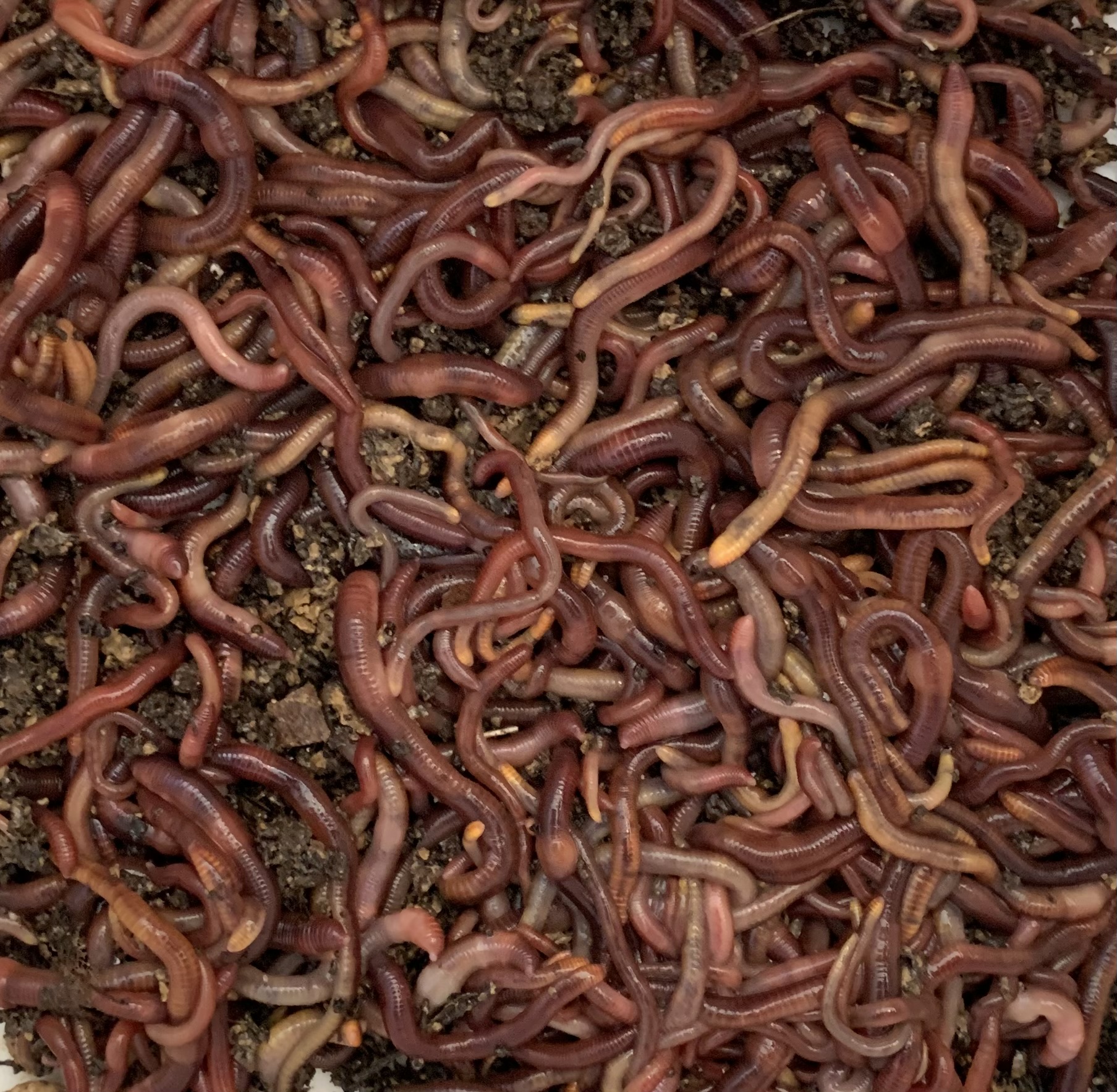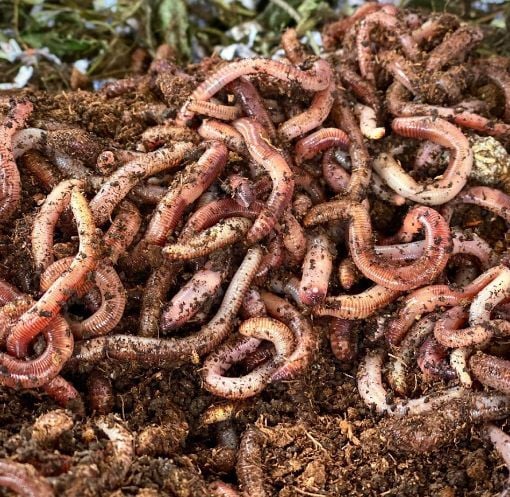The Basic Principles Of Red Wiggler Express
The Basic Principles Of Red Wiggler Express
Blog Article
The Ultimate Guide To Red Wiggler Express
Table of ContentsGetting My Red Wiggler Express To WorkThe Best Strategy To Use For Red Wiggler ExpressThe 9-Second Trick For Red Wiggler ExpressThe Greatest Guide To Red Wiggler ExpressAn Unbiased View of Red Wiggler Express
And the thriving Red Worm population? Even in the load that was set up straight in front of backyard composters with existing Red Worm swarms.
Lots of selections, including Red Wigglers, European Nightcrawlers, and Lumbricus species were brought over from the European continent. Yet below's the thingNative or not - and as skilled as they are at being able to survive in a wide-range of environments and conditions -. In other words, they are much more most likely to hang around in any kind of energetic composting systems you have established, than they are to stroll off and start destroying the environment.
Roots require oxygen for respiration and count on smooth air movement within the dirt to grow. When it rainfalls, soil can become saturated with water, reducing the oxygen offered and preventing nutrition absorption. To preserve an optimum balance, the dirt needs to allow water to drain effectively, leaving enough room for air to sustain root health
Get This Report on Red Wiggler Express

When it comes to worms for composting, what comes to mind? If you were an earthworm dog breeder, dealership, or ordinary gardener, after that you would certainly know that red wiggler worms are the ideal worms for vermicomposting. To discover more about these earth marvels, checked out through a few of the red worm realities listed below.
(https://www.ask-directory.com/Red-Wiggler-Express_405398.html)Yet if they extend their bodies, you'll be able to see the stripes on their skin. When elevating worms such as red wiggler worms, you need to have the ability to know exactly how to profit them. When you're able to preserve and look after their habitat well, and likewise feed them the right sort of organic wastes, after that they'll be able to produce nutrient-packed and quality-rich worm spreadings for you (additionally recognized as worm poop or garden compost).
Some Known Details About Red Wiggler Express
What do worms eat? Well, these red wriggler worms can be fed with kitchen scraps and yard wastes.

This behavior makes them well-suited permanently in worm bins, compost heap, and other restricted rooms where natural waste is abundant. Creating an optimum environment for red wigglers calls for a thoughtful strategy. Think about the adhering to essential components to care for red wigglers at home and ensure their health: Use a bedding of shredded newspaper or cardboard.

Red wiggler worms replicate by laying small, lemon-shaped eggs in protective cocoons. These cocoons are generally transferred in the bedding and hatch into child worms within a few weeks.
The Buzz on Red Wiggler Express
Their versatility and durability have actually made them a prominent selection for vermicomposting in various areas around the globe. Consider safety steps for very extreme temperatures such as: Insulating the worm bin with layers of straw or leaves. Red Wigglers For Sale.

Simply keep in mind - you can constantly add even more food later (but it's tough to eliminate feed once it's been added to a container!).
Since I fed the red wigglers and garden compost worms as well much, they weren't able to keep up and over time the older food went uneaten and created anaerobic problems that killed the worms. Right here're the 6 golden rules for just how commonly and exactly how much to feed your worms: Guideline # 1: Small amounts!
Unknown Facts About Red Wiggler Express
Leftover food will certainly result in anaerobic conditions that will eliminate your live worms. It is alright to spray a little of their initial bed linen (which must already remain in the container) over the food, yet the food must never be buried and ought to be noticeable to your eye. Regulation # 5: See policy # 1! Policy # 6: After the very first feeding, feed the worms 1/3 to 1/2 of their weight.
Report this page